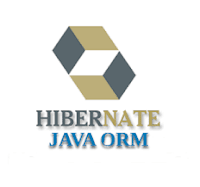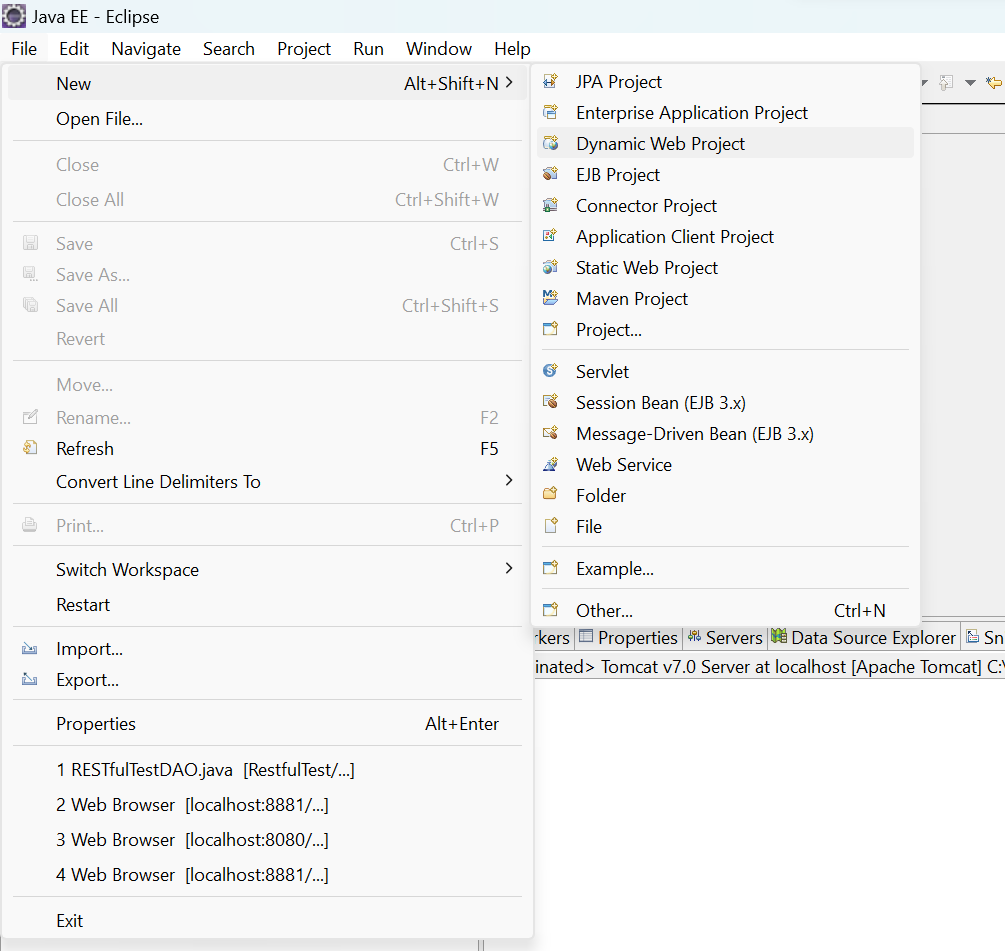What is Hibernate in java ?

Hibernate ORM is an object–relational mapping tool for the Java programming language. It provides a framework for mapping an object-oriented domain model to a relational database.
Hibernate is a Java framework used for the development of Java application to interact with the database. It is an open source, lightweight, Object Relational Mapping tool. Hibernate implements the specifications of JPA (Java Persistence API) for data persistence.
Java Hibernate is an object-relational mapping tool allowing the mapping of object-oriented models to relational databases for web applications by providing a framework. Mapping of entities in a Java class to tables created in a database and mapping from Java data types to SQL data types is one of the primary functions of Hibernate. You can also retrieve data using Hibernate. It is the alternate for developer from manually handling the database using JDBC.
Hibernate is an open-source object-relational mapping (ORM) framework for the Java programming language. It provides a framework for mapping an object-oriented domain model to a relational database. Hibernate handles object-relational impedance mismatch problems by replacing direct, persistent database accesses with high-level object handling functions.
Here are some of the benefits of using Hibernate:
- Ease of use: Hibernate provides a number of features that make it easy to use, such as:
- Automatic mapping: Hibernate can automatically map your Java objects to database tables. This saves you the time and effort of manually creating the mapping.
- Query language: Hibernate provides a query language called HQL that makes it easy to write queries to access data in the database. HQL is similar to SQL, but it is object-oriented.
- Transaction management: Hibernate provides transaction management support. This means that you can easily manage transactions in your application.
- Reliability: Hibernate is a reliable framework. It has been used by many companies and organizations for a number of years.
- Performance: Hibernate is a performant framework. It uses the underlying database to execute queries, so you can be confident that your applications will be able to handle high volumes of traffic.
If you are looking for an ORM framework that is easy to use, reliable, and performant, then Hibernate is a good option to consider.
Here are some of the limitations of using Hibernate:
- Complexity: Hibernate can be complex to learn and use. If you are new to ORM frameworks, then you may find it difficult to get started with Hibernate.
- Performance: Hibernate can add some overhead to your applications. If you are developing a high-performance application, then you may want to consider using a simpler ORM framework.
- Vendor lock-in: Hibernate is an open-source project, but it is maintained by Red Hat. This means that you are at the mercy of Red Hat if you need support for Hibernate.
Overall, Hibernate is a powerful and versatile ORM framework. It is a good choice for applications that require a high degree of flexibility and scalability. However, Hibernate can be complex to learn and use, and it can add some overhead to your applications. If you are new to ORM frameworks, then you may want to consider using a simpler framework.


Comments
Post a Comment